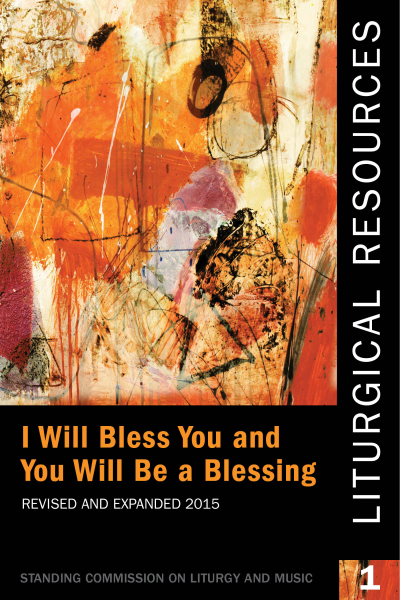Episcopal News Service reports on the status of same-sex marriage rites in the Episcopal Church and what that means for this summer’s General Convention 79:
[GC 78] authorized two new marriage rites for trial use (Resolution A054) by both same-sex and opposite-sex couples. The bishops and deputies also made the canonical definition (via Resolution A036) of marriage gender-neutral.
…When convention authorized the liturgies in 2015, bishops and deputies said individual diocesan bishops had to approve their use. And convention directed diocesan bishops to “make provision for all couples asking to be married in this church to have access to these liturgies.”
General Convention’s Task Force on the Study of Marriage has since monitored the use of the trial liturgies and is aware of concern about unequal access to the trial use liturgies. Its Blue Book Report, released April 3, says it found that eight diocesan bishops in the church’s 101 domestic dioceses have not authorized the trial liturgies.
The Episcopal Church includes 10 dioceses in civil legal jurisdictions that do not allow marriage for same-sex couples. Since church canons require compliance with both civil and canonical requirements for marriage, convention did not authorize the trial liturgies for use in those dioceses. The task force received a statement that was signed by five Province IX diocesan bishops and one retired bishop representing the dioceses of Ecuador Littoral, Ecuador Central, the Dominican Republic, Venezuela and Honduras. Their statement criticized the task force’s recommendations and threatened that approval would “greatly deepen the breach, the division and the Ninth Province will have to learn to walk alone.” The bishops of Colombia and Puerto Rico did not sign the statement.
The story takes a look at the conflicts in Tennessee and Florida in particular, and outlines what the next steps are for GC79:
The task force is proposing that convention require bishops in authority to “make provision for all couples asking to be married in this church to have reasonable and convenient access to these trial rites.” It also would have convention say that bishops will “continue the work of leading the church in comprehensive engagement with these materials and continue to provide generous pastoral response to meet the needs of members of this church.” The reference to “generous pastoral response” echoes Resolution 2009-C056, which forms part of the history of the church’s move toward marriage equality.
…The task force also is proposing to change Book of Common Prayer’s “An Outline of the Faith,” also known as the Catechism, to state that Christian marriage involves “two people,” not “the woman and the man,” as it now says on page 861. It would also add a question about marriage to explain the canonical requirements for marriage, including instruction in the purposes of Christian marriage.
And the details are only part of a continuing discussion about the role of dioceses, bishops, priests and the Church:
The question of access to marriage is part of a larger one about where a diocesan bishop’s authority ends.
“There is the question of whether or not the bishop actually has the authority, canonically, to prohibit clergy under their licensure from functioning outside the diocese with liturgies approved by the General Convention,” Russell said. “There are those who argue it is not within their authority to do that. That is, for many in the church, not a settled point.”
“There’s a wide divergence of opinion about how much control bishops have, and the bishops themselves have different views of that, too,” Geiszler-Ludlum said.
There are other questions about authority. Can a bishop deny a sacrament to a group of people based on their sexual orientation? And can dioceses enact canons that restrict access to sacraments in ways that conflict with the canons of the wider church?

